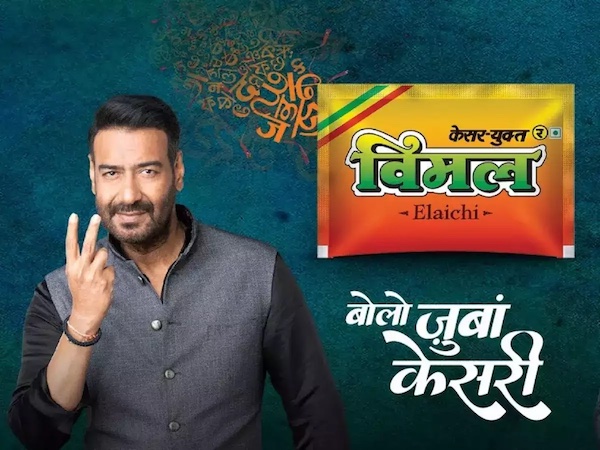More than one million adults lose their lives every year in India because of tobacco use, according to National Institute of Health. This accounts for about 9.5 per cent of total deaths in the country each year.
India faces a dual burden when it comes to tobacco usage – in form of smoking tobacco and non-smoking tobacco. As of 2020, about 28.6 per cent of total adults in the country use tobacco in some form.
In order to raise awareness about the harmful effects of tobacco use and encourage campaigns aimed at discouraging tobacco use, May 31st is observed as Anti-Tobacco Day across the globe.
Ban on Advertising of Tobacco Products
Considering the harmful effects of tobacco, the World Health Organisation launched a global anti-tobacco movement under which it adopted WHO Framework Convention on Tobacco Control (FCTC) in 2003. One of the key provisions of FCTC is ban on all forms of advertising of tobacco products. About 180 countries have ratified FCTC including India, making advertising or promoting use of tobacco products illegal in the country.
However, the tobacco selling companies have found a loophole around this, giving birth to Surrogate Advertising.
What is Surrogate Advertising?
Were you watching the recently concluded IPL? If you were, then you were subjected to Surrogate Advertising of Kamala Pasand. There were several ads featuring various popular cricketers including Kapil Dev, Virender Sehwag, Chris Gayle, and Sunil Gavaskar among others promoting Kamala Pasand Pan Masala or Kamala Pasand Elaichi.
Surrogate Advertising is basically advertising by brands selling products like alcohol or tobacco, with an aim to keep the brand name in public eye and maintain brand loyalty without directly advertising harmful products.
The Role of Celebrities in Surrogate Advertising
The role of celebrities is very crucial for effective surrogate advertising. When popular faces like bollywood stars and famous sports persons endorse these brands, the public find them more appealing. This is why brands like Rajnigandha and Vimal have roped in popular celebrities like Ajay Devgan, Tiger Shroff and even Anushka Sharma and Priyanka Chopra who have landed their faces to several philanthropic causes and are otherwise known for their altruistic responsibility.



